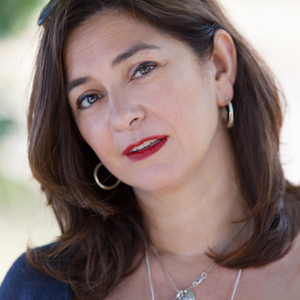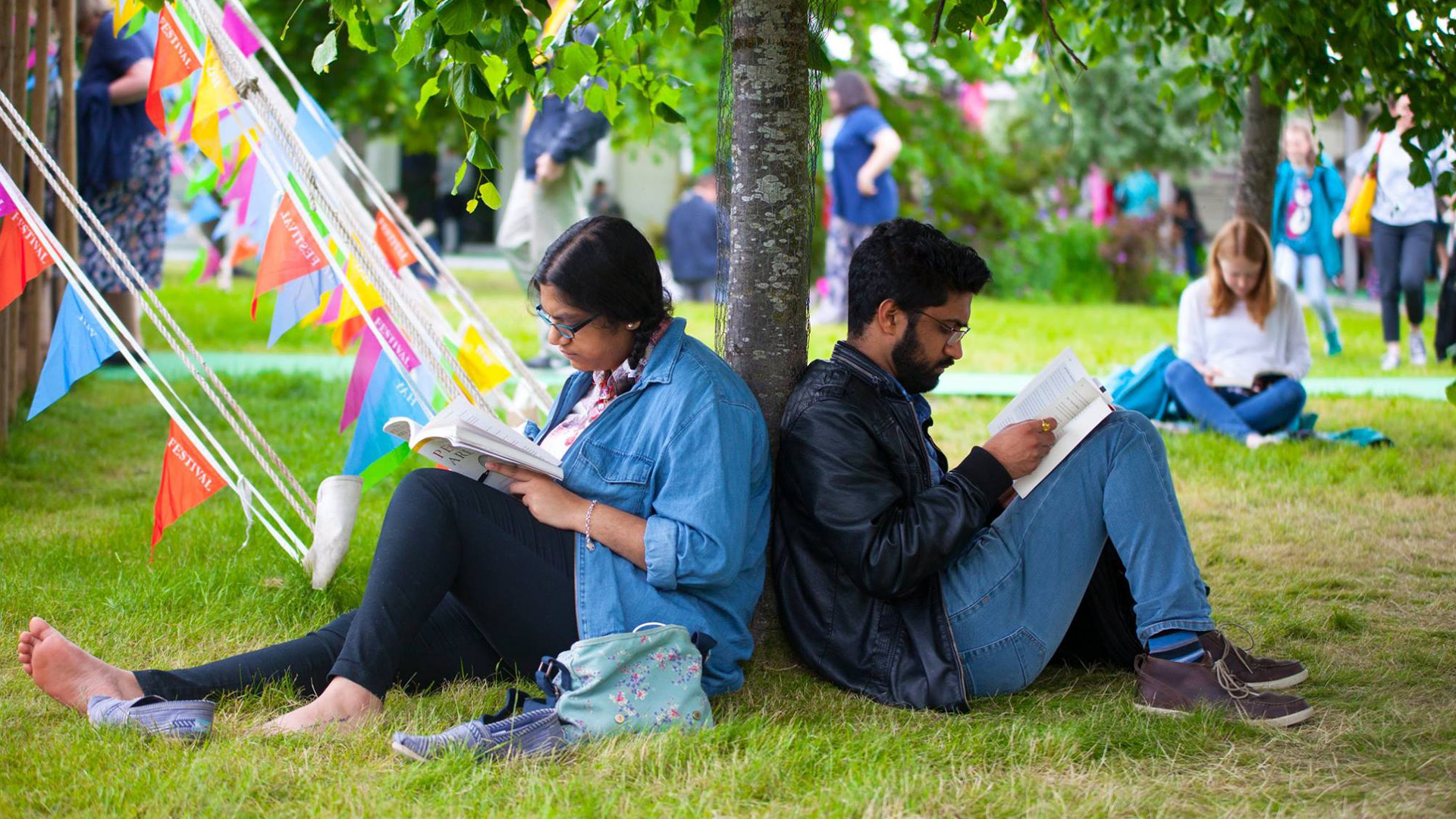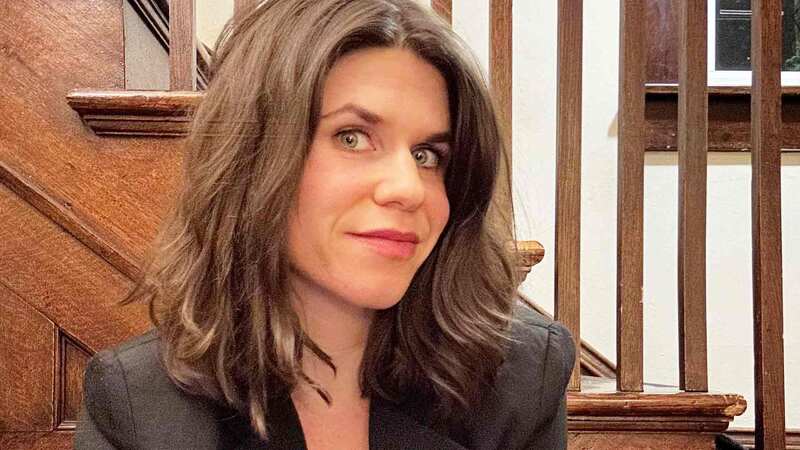You are viewing your 1 free article this month. Login to read more articles.
Once we're gone, we're gone
When Wimbledon BookFest launched in 2006 it was hard to imagine the impact it would have 18 years on.
The idea came out of a chance visit to Hay Festival and a desire to do something similar where I lived. To increase cultural activity in our community.
Wimbledon is now widely recognised as London’s leading literary festival delivering a high-quality cultural offering for 25,000+ local Merton residents and beyond – a jewel in the crown for an often-forgotten suburban borough which takes in Mitcham, Morden and Colliers Wood, as well as one of the most recognisable place names in the world — Wimbledon.
Tony Kane, now sadly deceased, and I were working as local arts journalists and wanted to give the area where we lived and worked something other than just tennis.
Kane was an art teacher in a London comprehensive for more than 35 years and saw creativity in everyone. I had grown up in the area as the child of immigrant parents of the late 1950s, an Irish nurse from Tipperary and an anglophile Pakistani father from Lahore. I knew the world, and of course our community, was full of stories.
Following the news of Baillie Gifford’s decision to withdraw from funding literary festivals, the debate about how festivals will survive has come more sharply into focus, with many now under threat. Most of us are charities - passion projects set up and run by people with a love of reading and discussing ideas.
A huge part of our job is raising the money to make this happen. And that task just got harder.
Many arts funding models rely on 40% ticket sales income along with 60% from donations – grants, sponsors and individuals. We’ve survived some huge challenges with the pandemic and the economic downturn. There is no doubt that without Baillie Gifford’s support over the last eight years the work we have delivered would not have happened. Wimbledon, like Edinburgh, can no longer afford a purpose-built site and has had to relocate. We are still in a process of post-pandemic recovery, but we’re still here.
Book festivals are sometimes criticised for being the preserve of the middle classes but they are so much more. I know I speak for more than Wimbledon BookFest when I highlight the work done with communities and schools up and down the UK to encourage new readers. Firmly anchored in our communities, we are best placed to do this work.
Book festivals are sometimes criticised for being the preserve of the middle-classes but they are so much more
Festivals act as hubs – like travelling circuses, we pop up and create a place for moments of magic in people’s increasingly complicated and busy lives. We bring together partners, businesses, voluntary and public sectors and schools and libraries, all giving their input to create something special in their area.
Our current partners include the University of Roehampton, which we work with to run an open day to showcase the value of higher education for state school sixth-formers — many of whom are first in their families to consider university. Speakers last year included Alastair Campbell, Janina Ramirez and London mayor Sadiq Khan. The project was recently shortlisted for a Widening Access London Higher award.
We also work with our library service to deliver projects including writing and storytelling workshops and free tickets for programmed events throughout the year. We run an annual Big Read. Last year it was Mohsin Hamid’s The Last White Man. This year residents will be given free copies of Colm Tóibín’s Brooklyn and treated to film screenings, book clubs and an event with the author himself. Free tickets are also given to our author events based on postcode.
Festivals enhance our quality of life, ensuring that the places we live in are so much more than somewhere to eat, work and sleep. We enrich lives and create connections with people who don’t see themselves as book lovers or readers. For adults this might be through books around music, sports, politics or comedy. For children this might be through selecting writers from backgrounds that they can relate to, or celebrating a form such as comics or manga that doesn’t scare them. I’m so proud that 14,000 children in nine London boroughs participated in our projects last year.
Over our lifetime, hundreds of sixth-form stewards have volunteered at the festival, contributing to their community, gaining valuable work experience and being exposed to speakers as varied as Salman Rushdie, David Cameron and Afua Hirsch. Exposure to new writers not only changes lives but often acts as validation. It did just that for me when I first read Hanif Kureishi’s The Buddha of Suburbia in 1990. A writer that spoke directly to my experience, and that of so many others.
But it’s the soft power work that is probably most powerful. The connections made and the lives touched. The young woman who tells me she studied history at Birmingham largely down to the Black Tudor events she attended with her school. The introduction to Lahore Literature Festival that has started a partnership focusing on South Asia and its writers. The individual who turns up to an event and talks to the neighbour she has seen but never spoken to. Audiences are not passive. They are part of the experience, shaping it.
It is a time of enormous pressure for the arts across the UK, with many local authorities cutting all funding. Baillie Gifford’s withdrawal from the arts scene is yet another blow to a fragile sector. It is time to reflect on our role and value in the publishing ecosystem. It’s uncertain how the funding gap will be bridged but there is no doubt that this loss of income and the reluctance from other corporates to support the arts will impact our delivery in a significant way. With current economic challenges it is unlikely that the arts will be a top priority for a new government, but if festivals are to continue this work in our communities, we will need support. Once we’re gone, we’re gone and it won’t just be the publishers and authors who will lose out. It will be all of us.





















